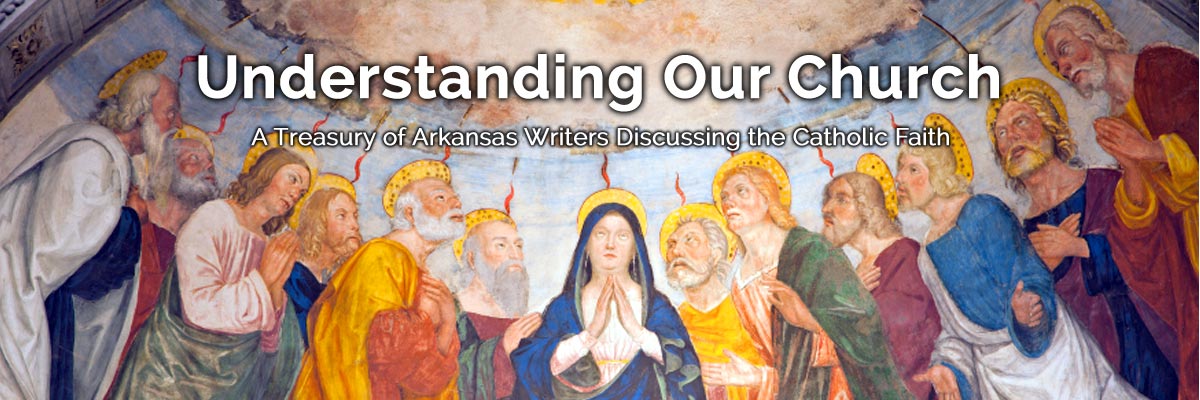Official Website of the
Catholic Diocese of Little Rock
'Wideness in God’s mercy' calls us to help abolish death penalty
Published: May 5, 2016
By Sister Joan Pytlik, DC
Minister for Religious
Pope Francis called for a moratorium on executions during the Year of Mercy and said the Fifth Commandment, “Thou shalt not kill,” applies not only to the innocent but to the guilty as well, according to a Catholic News Service article.
Do we believe the words we sing in Frederick W. Faber’s hymn: “There’s a wideness in God’s mercy like the wideness of the sea; there’s a kindness in God’s justice, which is more than liberty. There is welcome for the sinner …?”
Like most Catholics, I never gave much thought to the death penalty. Then in 1995, God rattled my cage. Bishop Andrew J. McDonald hired me to be diocesan social action director. Part of the job was to be active in the Arkansas Coalition to Abolish the Death Penalty.
DJ told me that some on death row say I should stop working to abolish their way out — execution. I say God wants the rehabilitation of persons, not their death. I want to change society from being vengeful, to showing God’s mercy.
At the first meeting, I was asked to correspond with an inmate, whom I will call DJ. He had just gotten off death row and was given life without parole (LWOP). After a year, he asked me to visit, and I’ve been visiting him monthly for the past 20 years.
The story DJ tells is that when the death penalty was reinstated, Gov. Bill Clinton did not want to execute. DJ was depressed and did not want to appeal his sentence, as death was an easy way out. The governor sent lawyer friends who got DJ off the row through a technicality. DJ said life without parole is a greater punishment; to be imprisoned for the rest of one’s long life.
Like most inmates, DJ had a rough beginning. His stepfather beat him, until at 14 years old with a broken jaw and arm, he ran away from home. He later lied about his age to enlist in the Army and go to Vietnam. Being commanded to also kill women and children, many soldiers including DJ, got hooked on drugs.
On his return to Arkansas, he married, had a baby, went out for a night of drugs and drinking, and someone killed the convenience store clerk when they went for more beer. DJ was too stoned to know who did it, but he got the rap.
In our conversations, I helped DJ learn how to manage his anger, and also to see that you can be interiorly free even in prison. Eventually he asked to take Catholic instructions, and was brought into the Church by Bishop J. Peter Sartain.
He continues to grow in the Spirit to become a man of peace and love. At 67 years old, he tries to be a positive influence for younger inmates. Although he at first wanted to die, now DJ instead feels his life has value even in prison.
I’ve spent 20 years trying to get the death penalty abolished in Arkansas. Sometimes we’d get the bill out of a committee or chamber. Now it is harder as more legislators hold to a theology that “a heinous crime deserves the ultimate punishment.” Others who know better are afraid of looking soft on crime. It will only change if we all let our legislators know: “Don’t kill for me” (www.arkleg.state.ar.us/assembly/2017/2018F/Pages/Home.aspx).
DJ told me that some on death row say I should stop working to abolish their way out — execution. I say God wants the rehabilitation of persons, not their death. I want to change society from being vengeful, to showing God’s mercy.
I’m so happy the Catholic Church addresses this topic. St. John Paul II said it never should be carried out if a society can be protected in another way, which is surely possible in the United States. As Pope Francis said, “Even a criminal has the inviolable right to life, a gift of God.”




